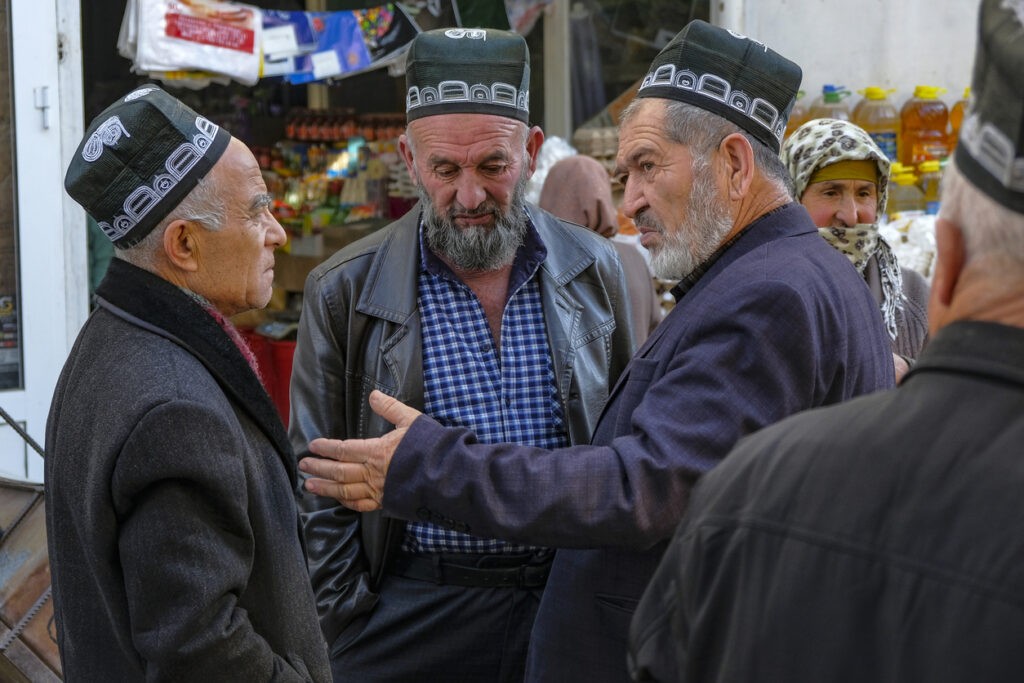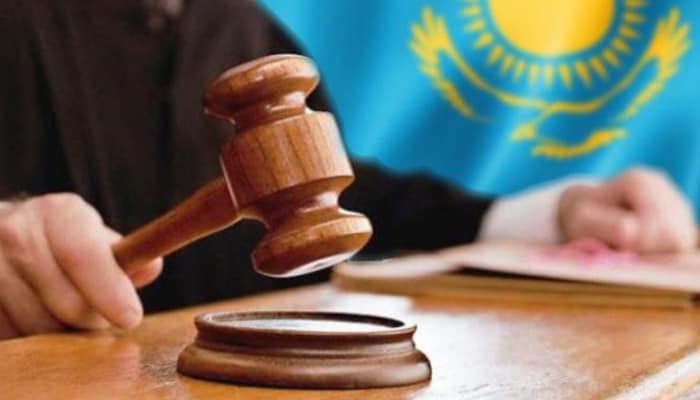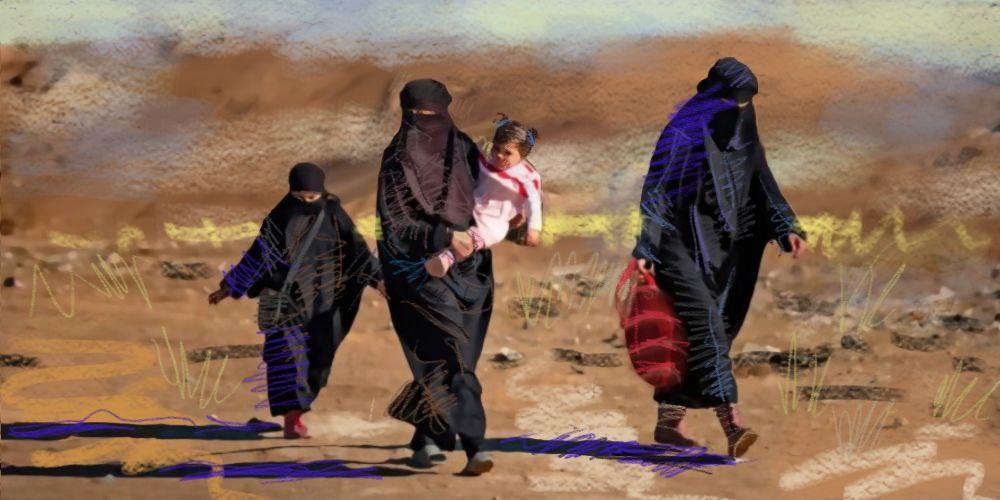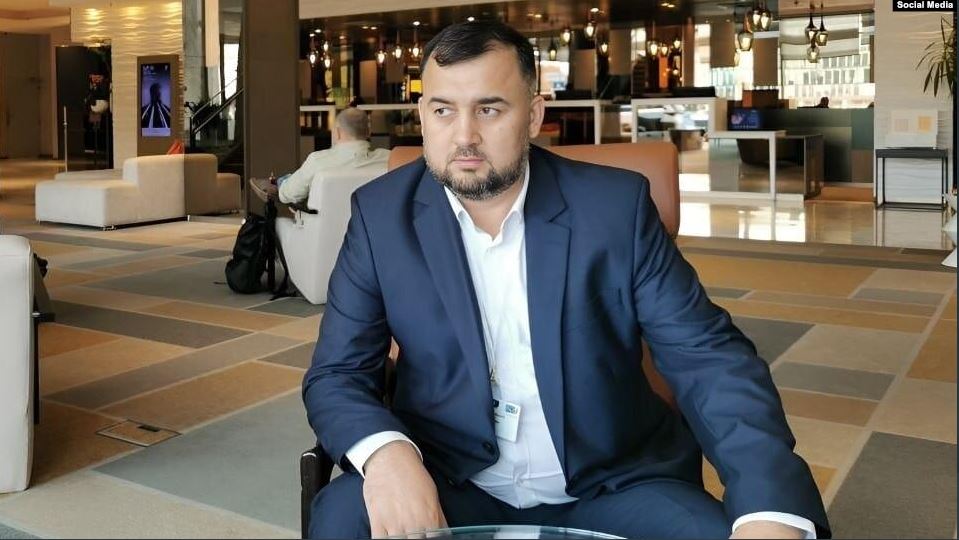DUSHANBE (TCA) — Tajikistan’s authorities have launched an “unrelenting assault” against lawyers, particularly those defending government critics, RFE/RL reports citing Amnesty International.
In a report released on May 23, Amnesty International says lawyers in Tajikistan are confronted with significant obstacles in the exercise of their professional duty as the country is increasingly turning its back on human rights and the rule of law.
“The effect of the harassment and the persecution of lawyers in Tajikistan, combined with the recent drastic reduction in the number of the registered lawyers, is crippling for the respect for rights in the country given the essential role lawyers play in the protection of human rights and in facilitating access to justice for all,” Maisy Weicherding, a Central Asia researcher for Amnesty International, told RFE/RL.
The report — In The Line Of Duty: Harassment, Prosecution And Imprisonment of Lawyers In Tajikistan — comes ahead of the country’s Professional Day of the Lawyer on May 26.
It says there is an ongoing crackdown by the Tajik government on “virtually all forms of dissent, including persecution of those associated or perceived to be associated with various banned opposition groups and political parties,” including the Islamic Renaissance Party (IRPT) and Group 24.
The report says that many of the lawyers who took up the defense of members of the opposition have themselves faced persecution, including punitive arrest and lengthy prison terms following unfair trials.
The crackdown has also seen several lawyers charged with national security-related offences, thrown behind bars, and their family members harassed and intimidated, it adds.
Being a lawyer, particularly a human rights lawyer, “comes with unprecedented risks” in Tajikistan, according to Amnesty International.
In its report, the London-based rights watchdog describes several cases of Tajik lawyers who have faced persecution over the past few years.
In one case, Buzurgmehr Yorov and Nuriddin Mahkamov defended detained IRPT officials in 2015 after the party was outlawed by the Supreme Court as a “terrorist” organization. The two lawyers have since been convicted on controversial terrorism-related charges and sentenced to terms of more than 20 years. Fearing government reprisals, few lawyers were prepared to defend Yorov and Mahkamov after their arrest. Lawyer Muazzamakhon Kadirova took up their case but she was forced to flee the country after learning she faced imminent arrest.
In another case, human rights lawyer Shuhrat Kudratov, who has worked on a number of politically “sensitive” cases, defended Zaid Saidov, a former cabinet minister who was sentenced to 26 years in prison in 2013 on charges that included corruption and rape. The lawyer himself was imprisoned on charges of bribery and fraud that he claimed were politically motivated and linked to his work as Saidov’s defense lawyer. Kudratov believed his client was targeted in retaliation for his attempt to set up a political party and run for president.
The arbitrary arrest of these lawyers and their politically motivated prosecutions have served as a warning for other members of the profession in Tajikistan, according to Weicherding.
Weicherding says that the Tajik government “has turned its attention to lawyers and launched an unrelenting assault that has drastically reduced their numbers and limited their independence.”
According to Amnesty International, the number of licensed lawyers in Tajikistan has fallen by more than half in the past two years – from 1,200 in 2015 to just 600 today — consequently restricting further the already limited access to justice for all citizens in Tajikistan.









